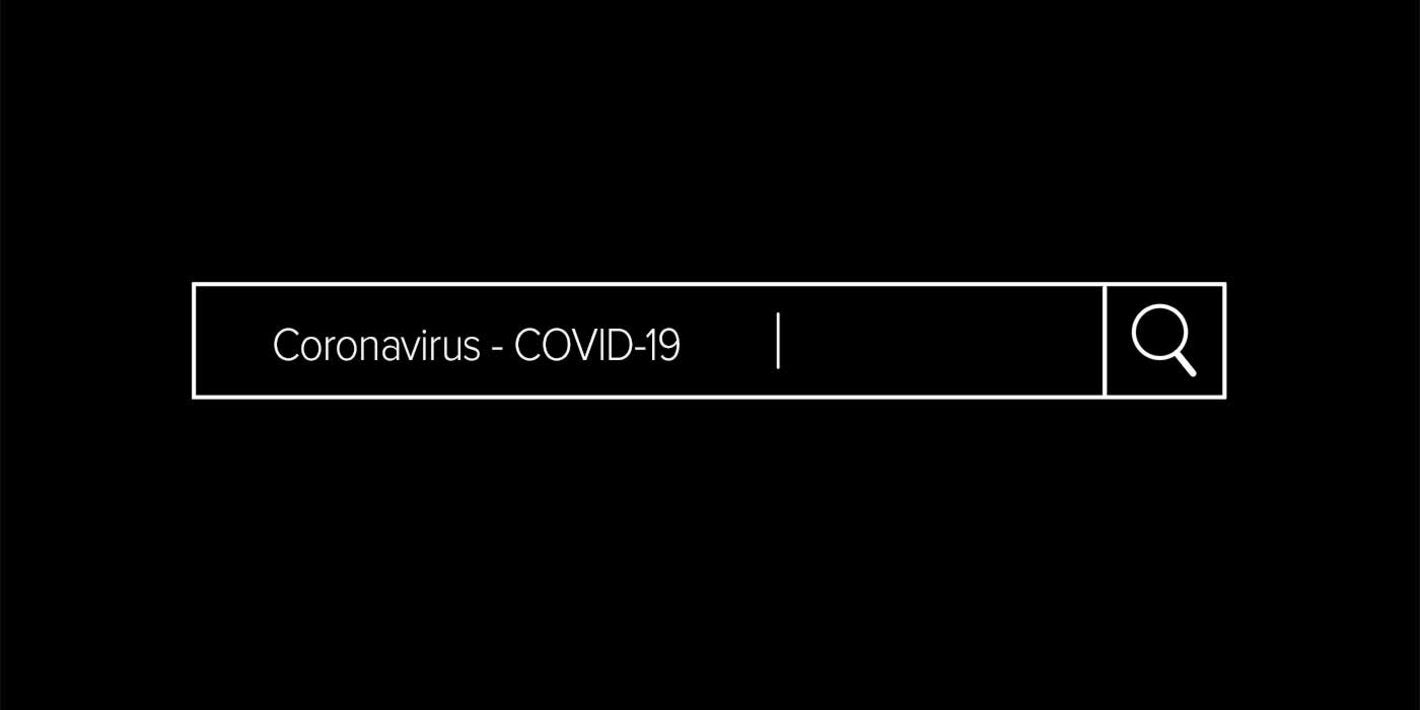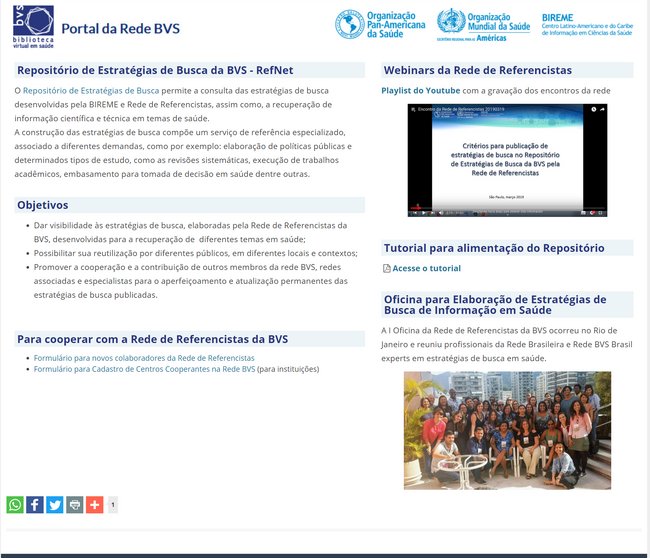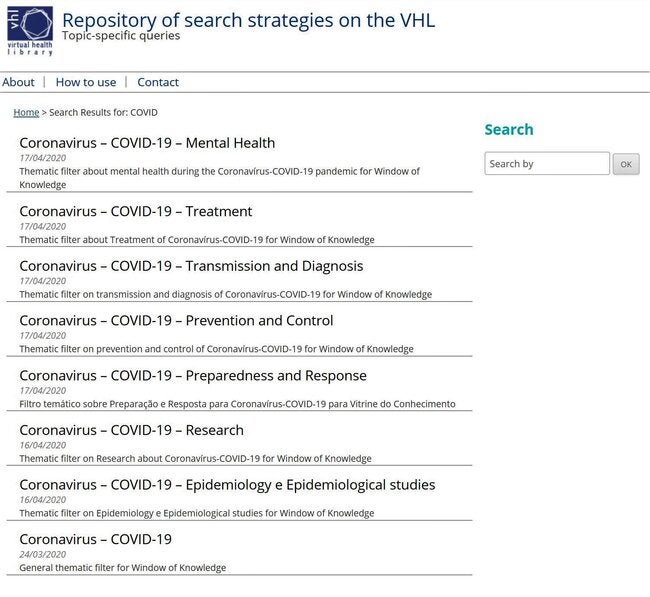
The Reference Network (RefNet), coordinated by BIREME, is the result of an activity in the context of Cooperation Term 95 (TC95) with the Brazil Health Ministry and the Pan-American Health Organization, more precisely in the activity aimed at supporting managers, researchers, and health professionals in elaborating compex search strategies to support health policy and decision-making processes within the scope of Brazil’s Unified Health System (SUS).
This network consists of a group of librarians from universities, hospitals and research centers, specialists in elaborating search strategies for the retrieval of scientific information and evidence, efficiently, in the main health information sources such as the databases LILACS/VHL, MEDLINE/PubMed, Cochrane, EMBASE, etc.
The mining of information from databases, through the search strategy, is presented with an organized structure that combines free terms, keywords, and subject descriptors, utilizing resources available at the information sources in order to precisely filter the available information, promoting agility in both health decisions and the development of studies, for example, systematic reviews, among others. The Network currently has librarians from Brazil, with plans to expand to other Latin American and Caribbean countries in the second half of this year.
A product generated from this network is the Repository of Search Strategies of the Virtual Health Library – RefNet, which aims to store, preserve, organize, and widely disseminate the intellectual production of the Referencers by allowing these filters to be improved, updated, and reused for various ends, promoting the rapid information retrieval or generating new studies based on the combination of available filters on different health topics.
On March 25th, there was another meeting of the Virtual Health Library Reference Network bringing forth the topic “Retrieval of scientific and technical information about the new Coronavirus and the disease that it causes, COVID-19”. In order to respond urgently to the demand for information on the topic, in April, the BIREME librarians Rosemeire Pinto and Elisabeth Biruel, with the collaboration of the librarian Camila Belo, of the Reference Network, promoted a virtual meeting with two health professionals involved in clinical research, three doctors, a nurse, and a librarian, with the intention of hearing some demand of these professionals and explore the network’s potential to provide answers to these emerging demands and streamline the pathways for health decisions and research.
According to some professionals, the relevance of the Network is notable, pointing out that we are on the right path. The researcher Vinicius Tassoni Civile, faculty at UNESP and specialist in Cardiorespiratory Physiotherapy, highlights that some processes for the development of systematic review are already consolidated among researchers, but some filters are not in the domain of all researchers. According to Civile, this directly reflects the importance of the participation of librarians specialized in research, who demonstrate a mastery in the elaboration of search strategies, which, in the emergency case of COVID-19, was fundamental for publication to occur in record time.
Regarding the importance of reliable research filters, researcher Nelson Carvas Junior, master in Health Sciences and PhD candidate in Evidence-Based Health at UNESP comments: “I don’t know if it already exists, the availability of very efficient and very clear search strategies so that everyone will be able to access and do their own search. In some countries (…) the general population has the habit of reading systematic reviews to inform their decisions, it is not only the doctors.”
“The opportunity to hear from researchers and health professionals involved in the technical-scientific production about the pandemic was motivating and leaves us with a great challenge to engage in the process of searching for evidence for increasingly accelerated research. The search for the quality of scientific production, the desire to fight fake news and bringing our information service to the population of the peripheries in the country sheds light on our role as mediators of quality information on COVID-19. We are on an important journey and our researchers who are meeting great demands to fight the disease and its impacts need the work of our network”, highlights Camila Belo, strategist librarian of RefNet.
Currently, the Network has been working hard to develop search filters on topics associated with the new Coronavirus and COVID-19 in its different information sources. The filters are available at the Repository of Search Strategies addressing aspects of treatment, prevention and control, mental health, among others. With a simple search with the term “COVID-19”, it is possible to access all available filters on the topic.
We have also launched the service “Ask a Librarian”, in its pilot phase, available only at the Window of Knowledge on Coronavirus-COVID-19 to assist health professionals and researchers to locate available scientific information available on this topic. We are accepting additions to the network and contributions of filters developed for the different databases, which can help researchers and health professionals find information efficiently. Learn more about how you can contribute at the VHL Network page on RefNet.





